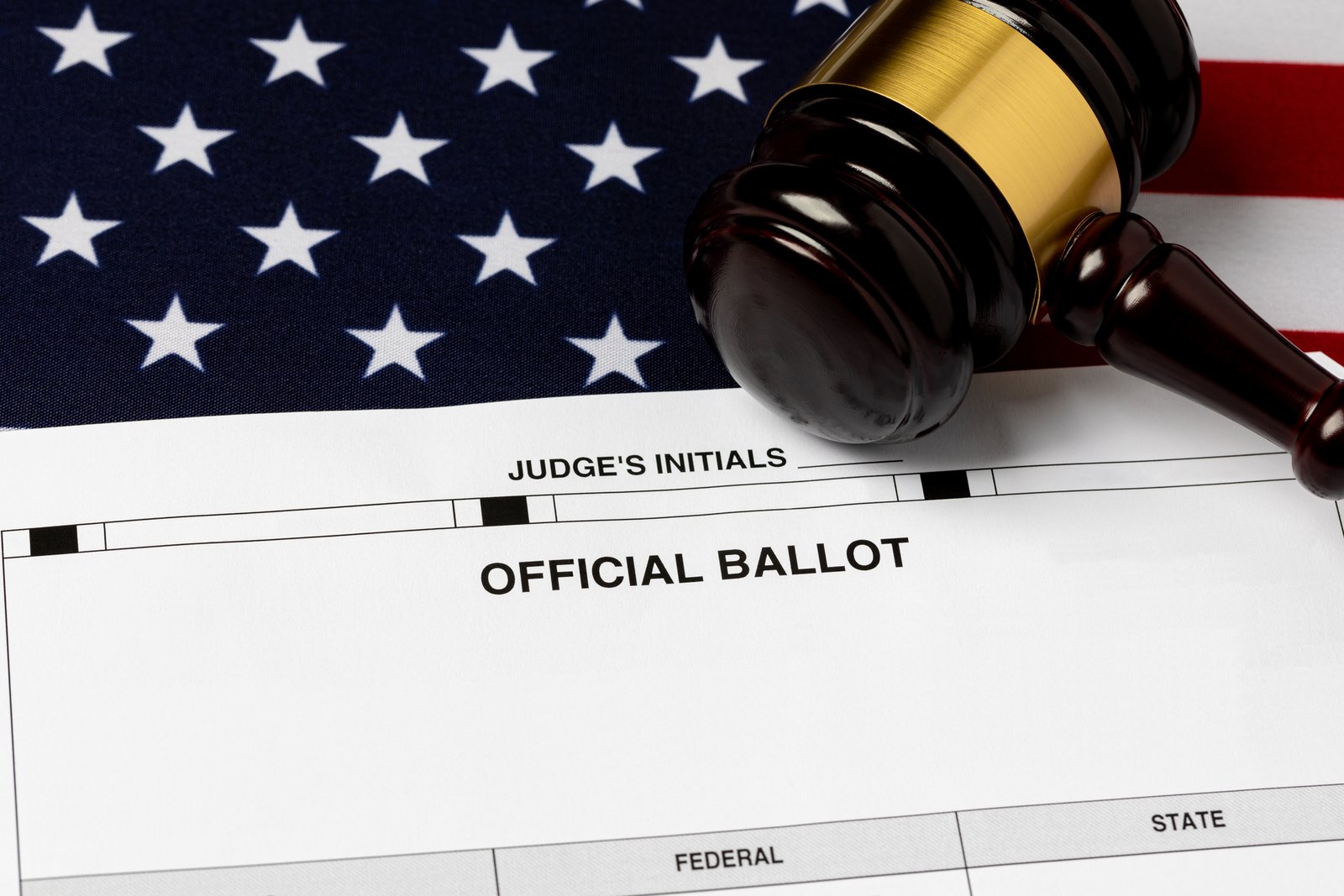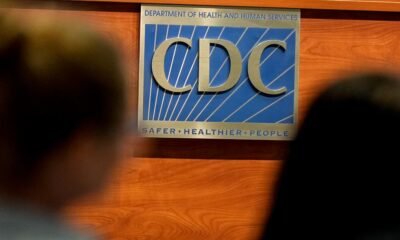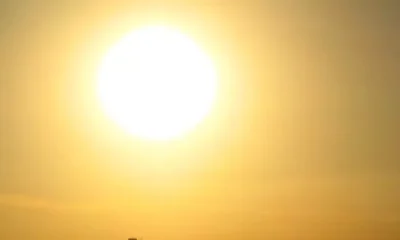2024 election
Ballot Controversy: ‘Open Primaries’ Measure Goes to Voters, but Will Their Voices Be Silenced?

Arizona voters will face a significant choice on their ballots this November regarding Proposition 140, which seeks to abolish partisan primaries. However, the future of their votes remains uncertain.
Proposition 140, also called the Make Arizona Elections Fair Act, aims to amend the state constitution. If passed, it would implement an open primary system where all candidates for federal, state, and local offices compete in a unified primary election, including politically unaffiliated candidates.
Under this proposal, every registered voter would have the opportunity to select from all candidates, with the highest vote-getters advancing to the general election, regardless of party affiliation.
Recently, the Arizona Supreme Court ruled that the ballot measure is constitutional, rejecting a legal challenge from the Republican and Democratic parties. This decision mandated that elections officials include Proposition 140 on the ballot, just before critical printing deadlines.
Nonetheless, a separate legal issue persists regarding the validity of signatures collected for the measure. A court is currently evaluating whether approximately 40,000 approved signatures are duplicates, potentially undermining the proposition’s ballot status.
Previously, a trial judge ruled against claims of duplicate signatures, asserting that Prop. 140 had gathered over 32,000 signatures beyond the requirement. However, the Supreme Court indicated that this conclusion should be reexamined, directing the lower court to assess the presented evidence of duplicates.
Despite the elapsed deadline for altering ballot content, the ultimate fate of voter involvement with Proposition 140 remains unclear. Chief Justice Ann Scott Timmer acknowledged the need for judicial certainty but emphasized that justice should not be rushed for the sake of deadlines.
Should the trial court conclude that there are insufficient valid signatures, the Supreme Court would then bar any votes for the measure from being counted. Conversely, if the challenge fails, voters will determine the future of the initiative.
Following an emergency hearing, the trial court proceedings will not resume until September 3.


















